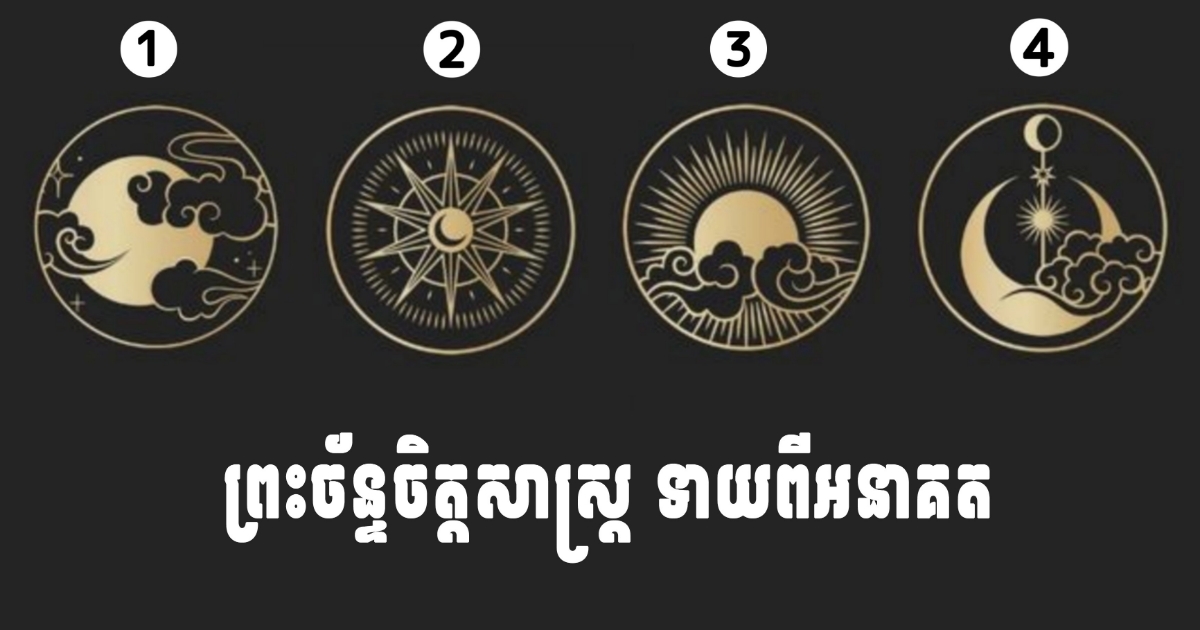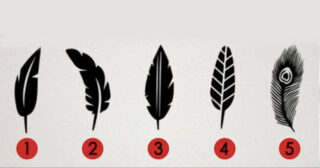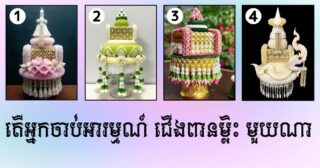Phrasal Verbs
1 Introduction
A phrasal verb is a combination of a verb and a preposition, adverb and adverb, or adverb with both an adverb and a preposition, any of which are part of the syntax of the sentence, and so are complete semantic units.
2 Form of phrasal verb
2.1 Verb + adverb= phrasal verb

Call in, walk on, fall over, go under, climb up, fall down, set off, harry back, run away, squeeze, come in, sit down, though, fly past, pass by, threw away, turn around, get about.
Example: Come in and sit down.
I threw away my old briefcase.
2.2 Verb+ preposition= prepositional verb

Believe into, insist on, hint at, looking at, see to, come from, look after, into all, cope with, const of, hope, feel like.
Example: I was looking at the photo.
We didn’t into all the details.
3 Is it phrasal verb or prepositional verb?
Phrasal Verb: Lida gave away her computer.
Lida gave her computer away.
Prepositional Verb: Lida paid for the meal.
*Not: Lida paid the meal for.
Note: some words can be adverbs or prepositions; about, along, down, ill, off, on, over, round, through, and up.
4 Meaning of phrasal verb
Phrasal verb is often use as idiomatic.
Example: I given up smoking. (=stopped)
The idea has caught on in big way. (=become popular)
Some phrasal verb has meaning more than 1.
Example: We’ve been to the supermarket. Gavin is bringing in the groceries. (=bring)
The government is bringing in a new law. (=introducing).
§ Adverb use in phrasal verb
Back= in return
Ring/phone you back later, invite someone back, get your money back.
Down= to the ground
Knock down/pulled down the old hospital, burn down, cut down, break down a door.
Down=on paper
Write down the number, copy down, note down, take down.
Down= becoming less
Turn down the volume, slow down, afire dying down, let down the trees.
Down = stopping completely
A car that broke down, a factory closing down.
Off=away, departing/removing
Start off/set off on a journey, clear off, a plane taking off, see someone off, sell goods off cheaply, strip off wallpaper.
Off=away from work
Knocking off at five (informal), take a day off.
Off=disconnected
Put off/turn off/switch off the cheating, cut off our water, ring off.
Off=succeeding
The plane did not come off, managed to pull it off.
On = wearing
Trying a coat on, had a sweater on, put my shoes on.
On= connected
Put/ turned/switched the cooker on.
On= continuing
go on/carry on a bit longer, work on late, hang on, hold on(=wait), keep on doing something.
out = away, disappearing
Rub out these pencil marks, cross out, wipe out, put out a fire, turn out the light, blow out the candle, iron out the creases.
out= completely, to an end
My pan has run out, it turned out all right in the end, clean out a cupboard, fill out a form, work out/think out/find out the answer, write out in full, wear out the motor, short out the confusion.
Out=unconscious
The boxer was knocked out, I passed out/blacked.
Out = to different people
Gave out/hand out copies the worksheet, share out the food between them.
Out=aloud
Read out the rule for everyone to hear, shout out, cry out, speak out (= express and opinion publicly).
Out=clearly seen
Can’t out the words, stand out in a crowd, pick out the best, point out the mistake.
Over= from start to finish
Read over/check over what I’ve written, think over/talk over a problem, go over the details, get over an illness.
Up =growing, increasing
Blowing up balloons, pump up a tire, turn up volume, step up production, bring up children.
Up= completely
Lock up before leaving, eat/drink it up, clear up/tidy up the mess, use up all the sugar, pack up my things, sum up(=summarize), cut up into little.
Extracted by Rey
Edited by Serpent & Geo














